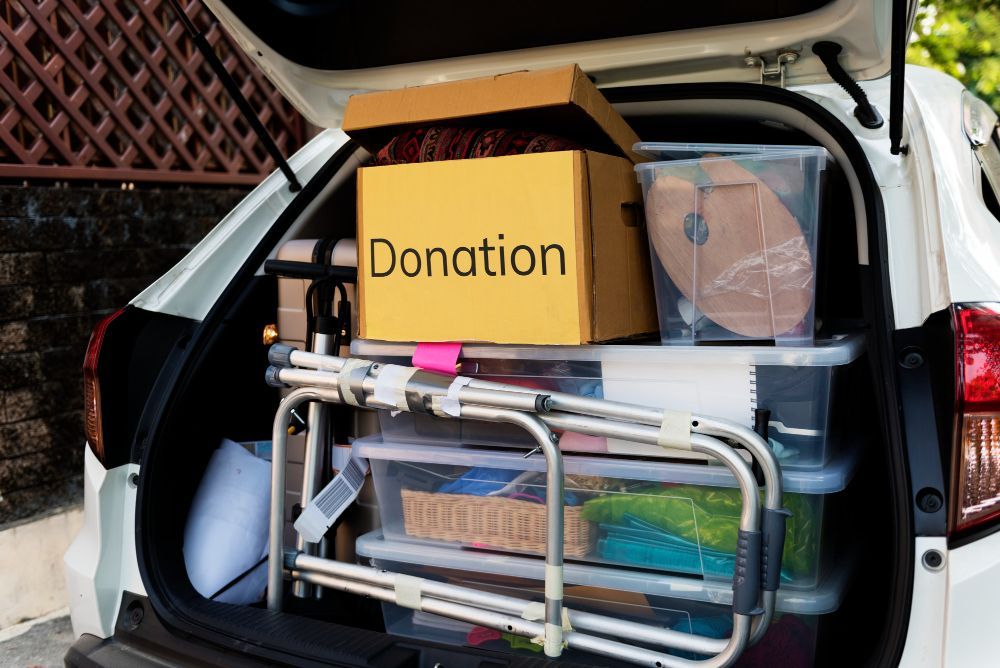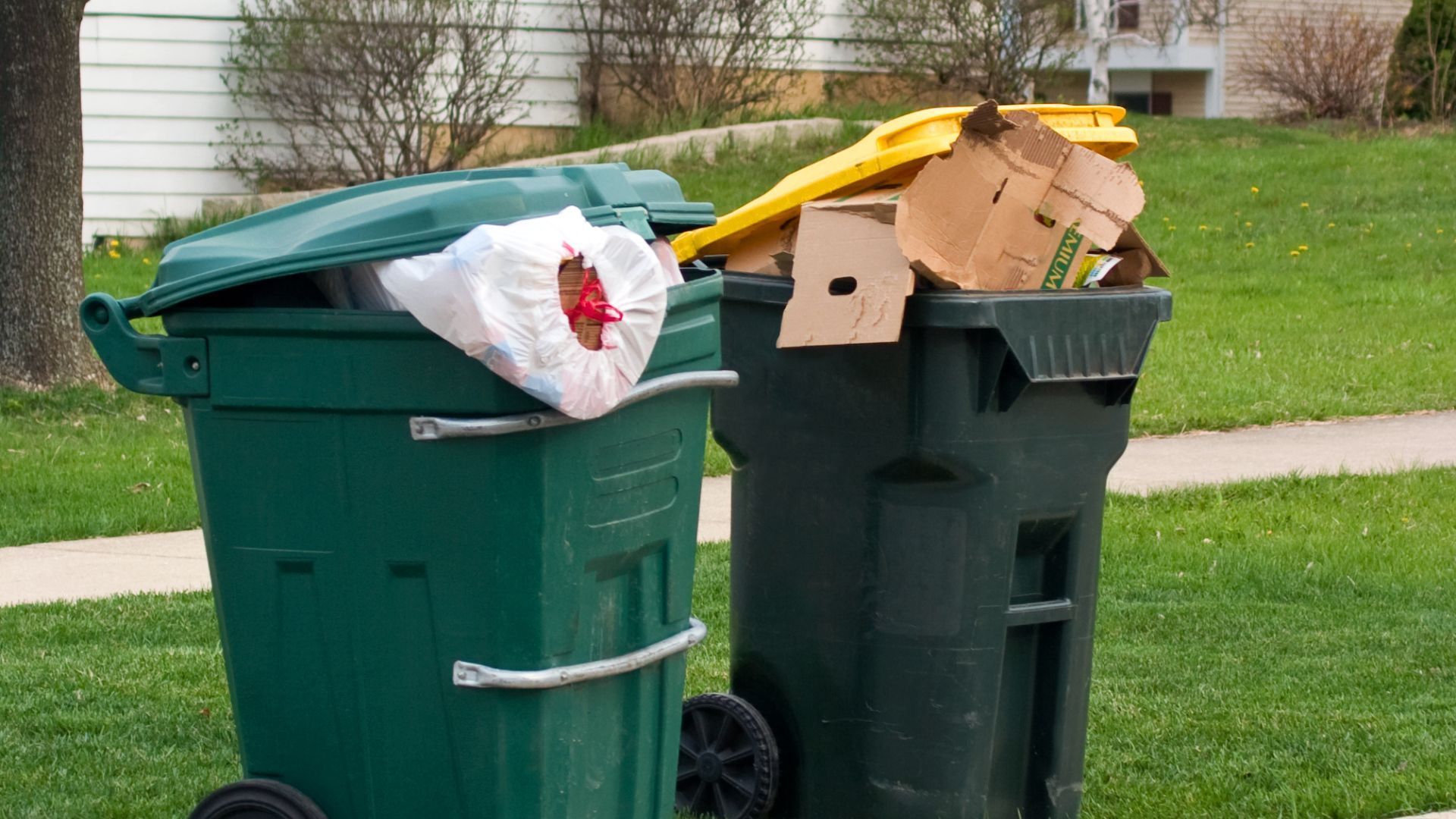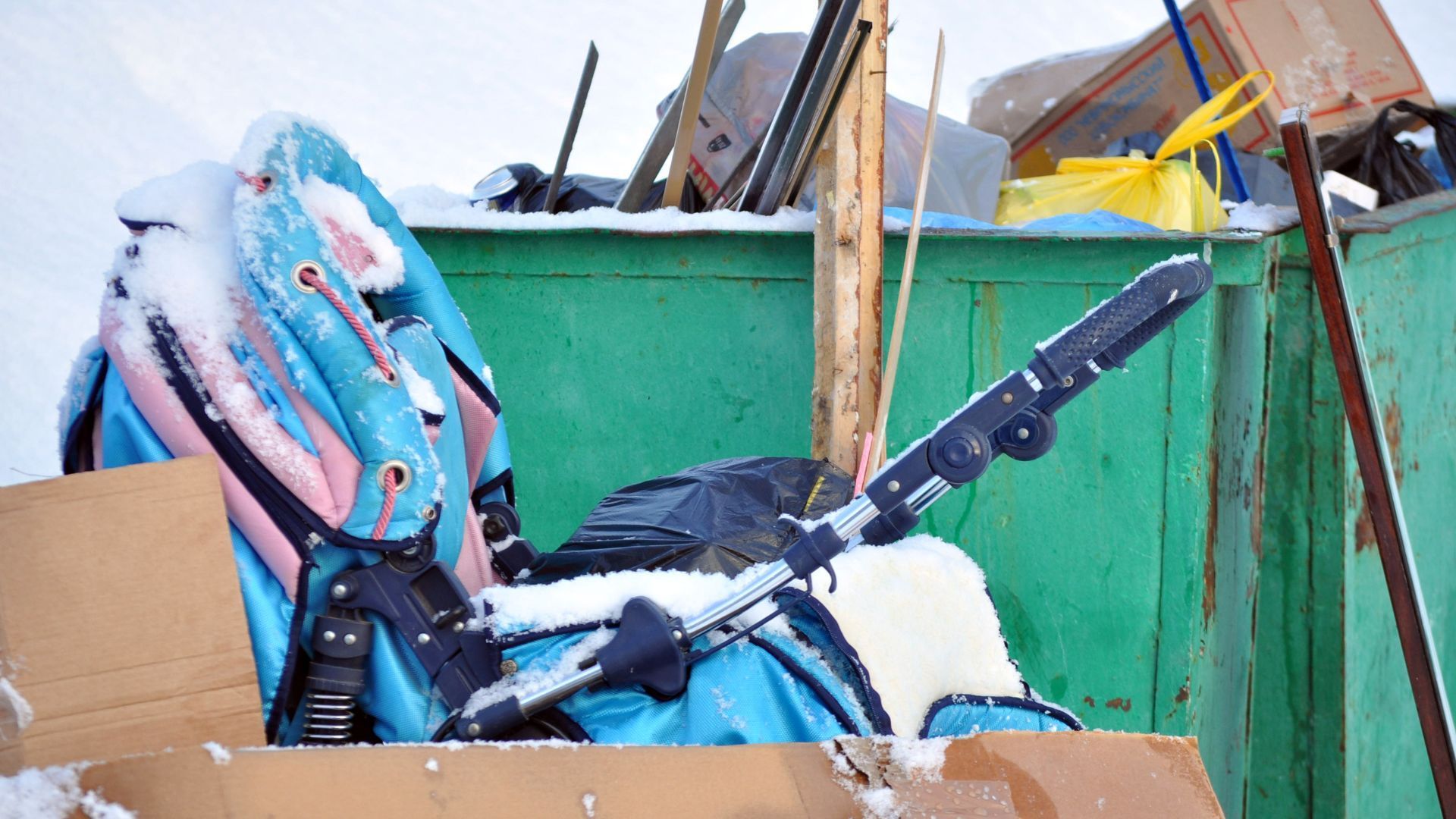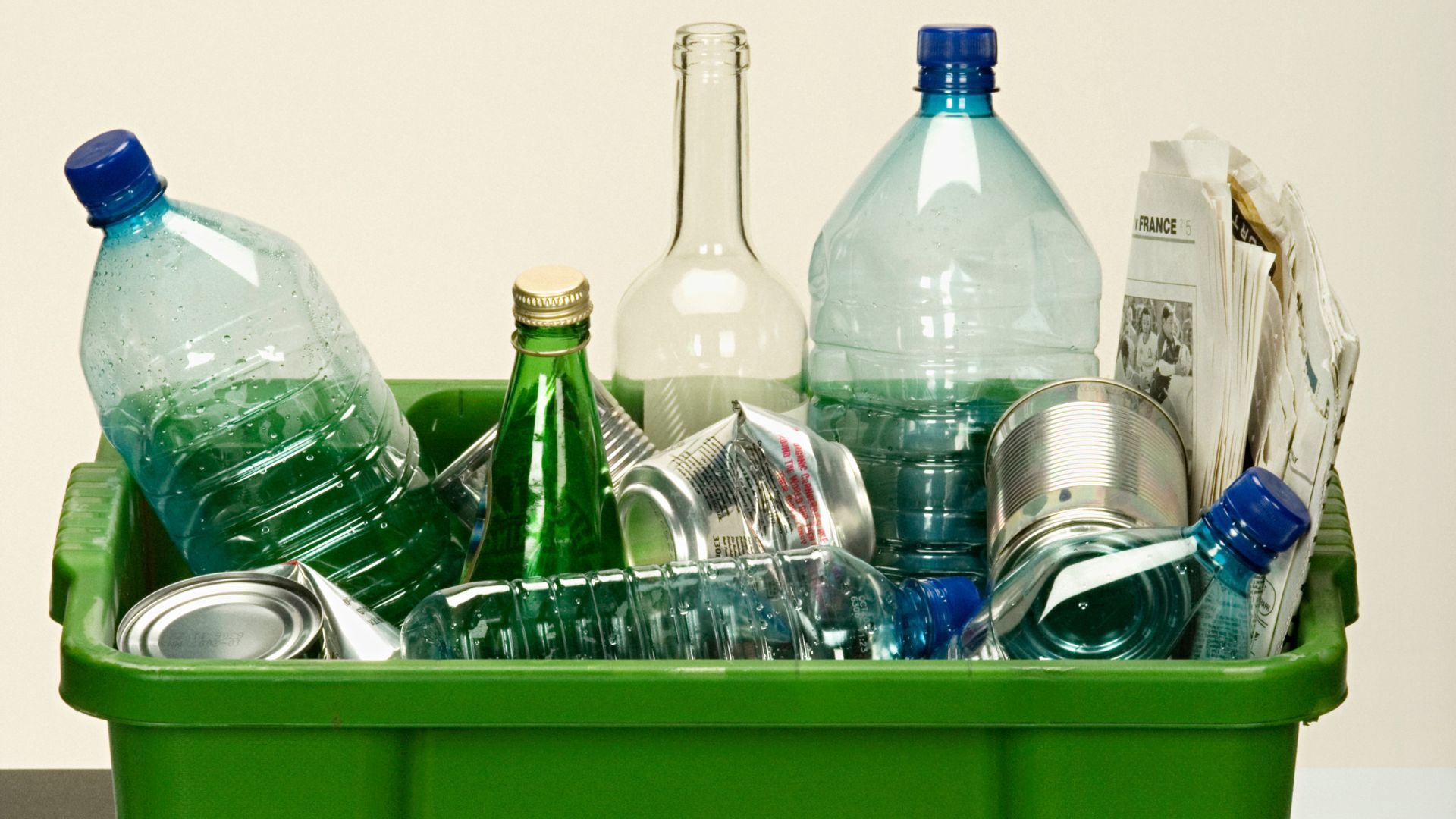Reduce Waste with Donation Pickup Augusta Services
Every home holds forgotten stories tucked into dusty corners—coats that no longer fit, furniture that’s been replaced, electronics long outpaced by new tech. These relics of daily life don’t belong in the trash. They’re not waste—they’re waiting for a second life. What if letting go didn’t mean throwing away, but giving forward? That’s where donation pickup services come in.
In a world addicted to convenience and plagued by overconsumption, donation pickup offers an elegant antidote. It’s the intersection of simplicity and sustainability, where decluttering your space becomes an act of environmental care and community support. With just one appointment, your unwanted items take a new journey—away from the landfill and toward someone in need. As more residents discover the power of donation pickups, reducing waste in Augusta isn’t just possible—it’s personal, practical, and powerful.
Why Donation Pickup Services Matter
The chain of items we no longer need—clothes, furniture, appliances, even old electronics—often ends abruptly. Many people aren’t aware these once‑valued possessions can live on through others, lessening landfill impact while supporting local thrift communities. Donation pickup services bridge that divide, whisking away unwanted items with minimal effort and maximum goodwill. They reduce personal clutter while feeding a cycle of reuse and recycling that benefits both people and planet.
Beyond the eco‑friendly angle, donation pickup is a celebration of convenience. Instead of wresting with bulky bags or scheduling awkward drop‑off times, residents simply arrange a pick‑up and let professionals handle the logistics. This ease encourages more participation, sparking a domino effect wherein more households opt in, and more materials are kept out of waste streams. Ultimately, these services help reshape consumer habits—promoting conscious discarding and thoughtful repurposing.
How It Works: Seamless Scheduling and Pickup
Setting up a donation pickup is as simple as a few clicks or a brief call. You start by listing what you have: sofas, clothing, kitchenware, electronics. With a clear inventory, the scheduling system matches availability and sends a friendly reminder the day before. Often, p ickup windows are generous, allowing you to plan around busy days without stress. On the appointed date, a trained team arrives at your location, ready to remove the items. They handle them with care, ensuring nothing is damaged in transit.
Once loaded onto the truck, donations are whisked away to sorting facilities. There, items are evaluated, cleaned, and prepared to take on a new life. Wearable goods might go to thrift stores, while bigger pieces are refurbished or repurposed. Outdated electronics find places in recycling lines where metals and plastics can be recovered. In some models, viable furniture is given free or sold to those in need. At every stage, logistical smoothness and thoughtful handling transform your cast‑offs into valuable community resources.
Environmental and Social Impact
A single pickup service contributes to a ripple effect of environmental benefit. Furniture and textiles degrade slowly in landfills, releasing methane and leachate. By diverting usable goods, pickup services reduce pressure on overfilled dumps while cutting emissions. Yet even items past repair are given a second act—electronics are responsibly dismantled, and recycled materials are funneled back into manufacturing. Each diverted piece plays a role in preserving finite resources and curbing pollution.
Yet it's not only the ecosystem that gains. Donation services often support charitable partners: shelters, vocational programs, community thrift stores. A surplus couch might offer a safer home for a family in crisis; a well‑kept coat shelters someone facing the cold. In many cases, earnings from sales go toward educational or health initiatives. Thus, each donation pickup weaves environmental stewardship with tangible community uplift—creating a portrait where waste reduction and social good intersect beautifully.

Choosing the Right Donation Pickup Service
Not all pickup services are created equal. Some only handle specific categories; others operate on tight timeframes or restrictive geographic zones. The best providers bring a trifecta of flexibility, transparency, and trust. They let donors specify types and volumes, setting realistic expectations. They’re punctual, reliable, and reach your door on time. Importantly, they communicate clearly about what they can and cannot accept, sparing donors from wasted effort.
Pricing matters, too. While some services charge fees, the best ones maximize what gets reused, minimizing costs passed to the donor. When a choice exists, pick programs that sell items affordably or channel proceeds into community work. This holistically optimizes both environmental benefit and social return. By vetting services carefully, donors ensure that their goodwill translates into real-world impact rather than lost potential.
Integrating Donation Pickup into Your Routine
To make sustainable donation a habit, think of it as an occasional ritual. Tackle one room at a time—perhaps the closet in spring, the garage mid‑year. As seasons or life phases shift, so do our needs; donation pickups can slide right into those natural cycles. When that bulky chest of drawers becomes redundant, just look at your calendar for the next pickup slot and tick it off your list.
Household decluttering can also coincide with broader initiatives—neighborhood cleanups, estate clear-outs, or pre‑move prep. Scheduling pickups around those events amplifies their efficacy. Meanwhile, enlisting others—partners, kids, friends—turns the act of giving into a reflection point. Which possessions are essential? Which have run their value cycle? Giving items away becomes less about loss and more about passing the legacy of useful things forward.
Maximizing Value from Your Donations
Even small items become treasures with the right mindset. Rather than tossing mismatched T‑shirts or half‑used board games, treat them as community opportunities. Donate with intention: think of someone else finding joy in your once‑neglected sweater or lampshade. A little bit of care in presentation—clean clothes, organized items—can elevate their suitability for donation and reduce wasteful rejections.
For larger pieces, a quick fix‑up can significantly boost their second‑hand appeal. Tighten loose screws, patch scratches, or give a fresh wipe‑down before pickup day. Services that refurbish furniture often prefer items that need only a little polish. It’s a simple pre‑donation investment that yields far-reaching benefits: easier pickup, greater usability, and faster hand‑off to new owners.
Cost Considerations and Transparency
Donation pickup often comes with low or no cost, but it’s important to understand the caveats. Free services may limit item categories or rely heavily on resell margins, while paid services offer more convenience or accept a broader array of goods. Look for clear pricing models: per‑item fees, minimum ticket charges, or zone‑based rates. Hidden surcharges can dampen an otherwise positive experience.
Transparency about item disposition is also crucial. Reputable pickup organizers disclose whether donated goods go to charity shops, directly to beneficiaries, or to recycling. Ask for follow‑ups or simple certification, knowing where your contribution landed. A considerate service will offer that clarity, reinforcing trust and aligning your material generosity with meaningful outcomes.
Tech-Savvy Features to Look For
Modern donation pickup services have embraced user‑friendly tech interfaces. Seamless apps and web portals let you upload photos, list item details, and choose pickup dates with built‑in reminders. Automated confirmations and real‑time alerts help reduce missed appointments, while live‑tracking ensures you’re never left guessing. For those, this digital edge transforms donating from an afterthought into a well‑orchestrated task.
Moreover, some platforms offer impact dashboards. These tools log your donations over time: total weight diverted, estimated landfill savings, environmental benefits. Watching those stats accumulate can be surprisingly motivating, turning a mundane chore into a personal sustainability milestone. You'll find yourself anticipating the next pickup just to see how your numbers grow.
Common Misconceptions Debunked
Many folks hesitate to use pickup services, worried about eligibility or cost. In reality, most providers accept a wide assortment of household goods. If you maintain upright furniture, clean linens, gently used toys and appliances, you’ll likely qualify. Even odd items—old garden tools, pet gear, artwork—find a place downstream if prepared correctly.
Another myth: only donations with perfect condition matter. In truth, even slightly used or minorly damaged items can be recycled or repurposed. Services often adapt worn textiles into insulation or shredding projects, turning what seems trashy into treasure. Electronics that no longer power up may yield precious metals. By shedding perfectionism, donors unlock unexpected value for the circular economy.
How Donation Pickup Boosts Local Economies
Each pickup ripples into neighborhood prosperity. Charitable resale outlets sustain jobs—from sorters and drivers to managers and repair technicians. Earnings created fund community programs: job training, food aid, crisis relief. Every transaction becomes a tiny business transaction that reverberates beyond individual households.
Moreover, when residents donate regularly, local thrift markets remain stocked and vibrant. That, in turn, attracts shoppers seeking affordable goods, driving foot traffic and economic vitality. Community events—thrift sales, swap meets—gain momentum, building social bonds and spreading resource-efficient mindsets. The pickup cycle becomes a tool for both economic resilience and collective enrichment.
What to Expect on Pickup Day
Pickup mornings have a familiar rhythm. Expect a text or call reminding you of the scheduled window. When the crew arrives, they introduce themselves, scope the items briefly, and carefully load them into a truck. If an item is unsuitable—too damaged or prohibited—they’ll typically point it out politely. The interaction is professional, polite, and fast; before you know it, your walkway is clear.
What follows is usually a short confirmation: “You’re all set.” Later, some services add a thank you message or impact summary. In certain areas, a tax‑deductible receipt is issued for practical purposes. If you’d like follow‑up information—where items went or how they were used—many providers are happy to share. It’s a simple, conversational experience, not a chore.
Conclusion
Thinking of clearing out spaces and giving back at the same time? Reach out to Hinkins Disposal in Augusta, GA—they make donation pickups easy, accountable, and impactful. Their team is ready to help you transform unwanted items into community support. Book your pickup today by calling (706) 885‑4032 or emailing Hinkinsdisposal@gmail.com.




